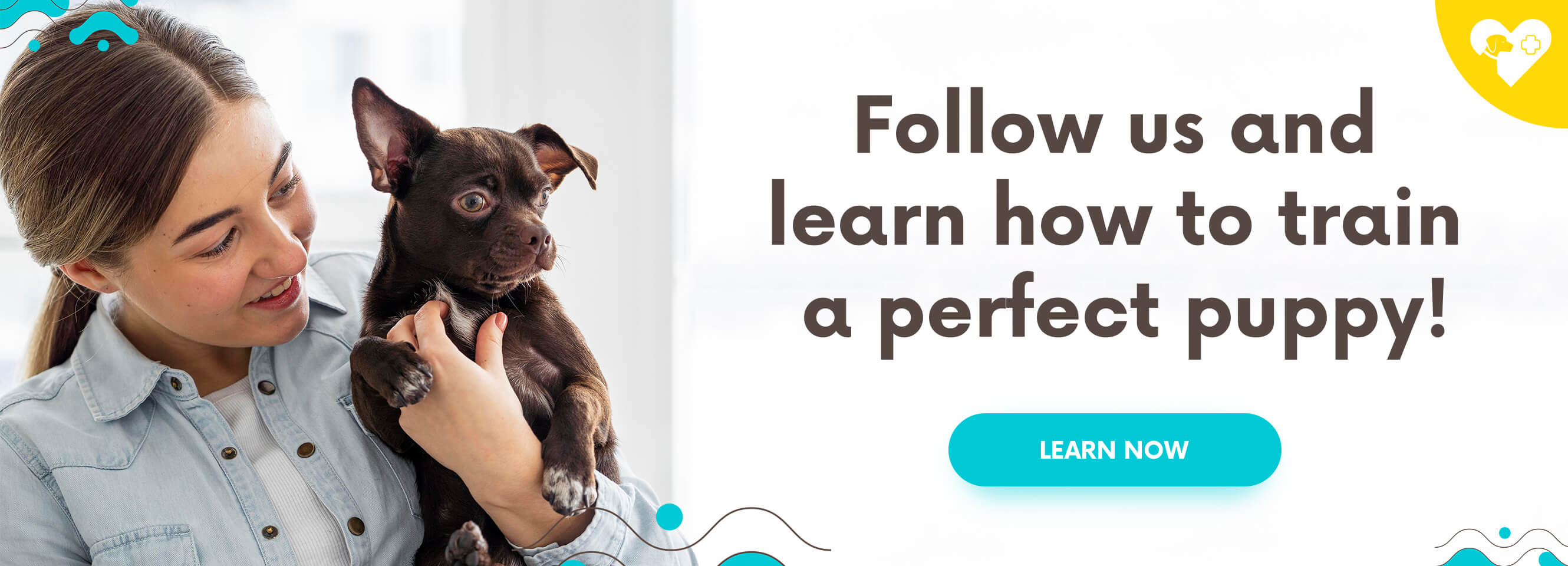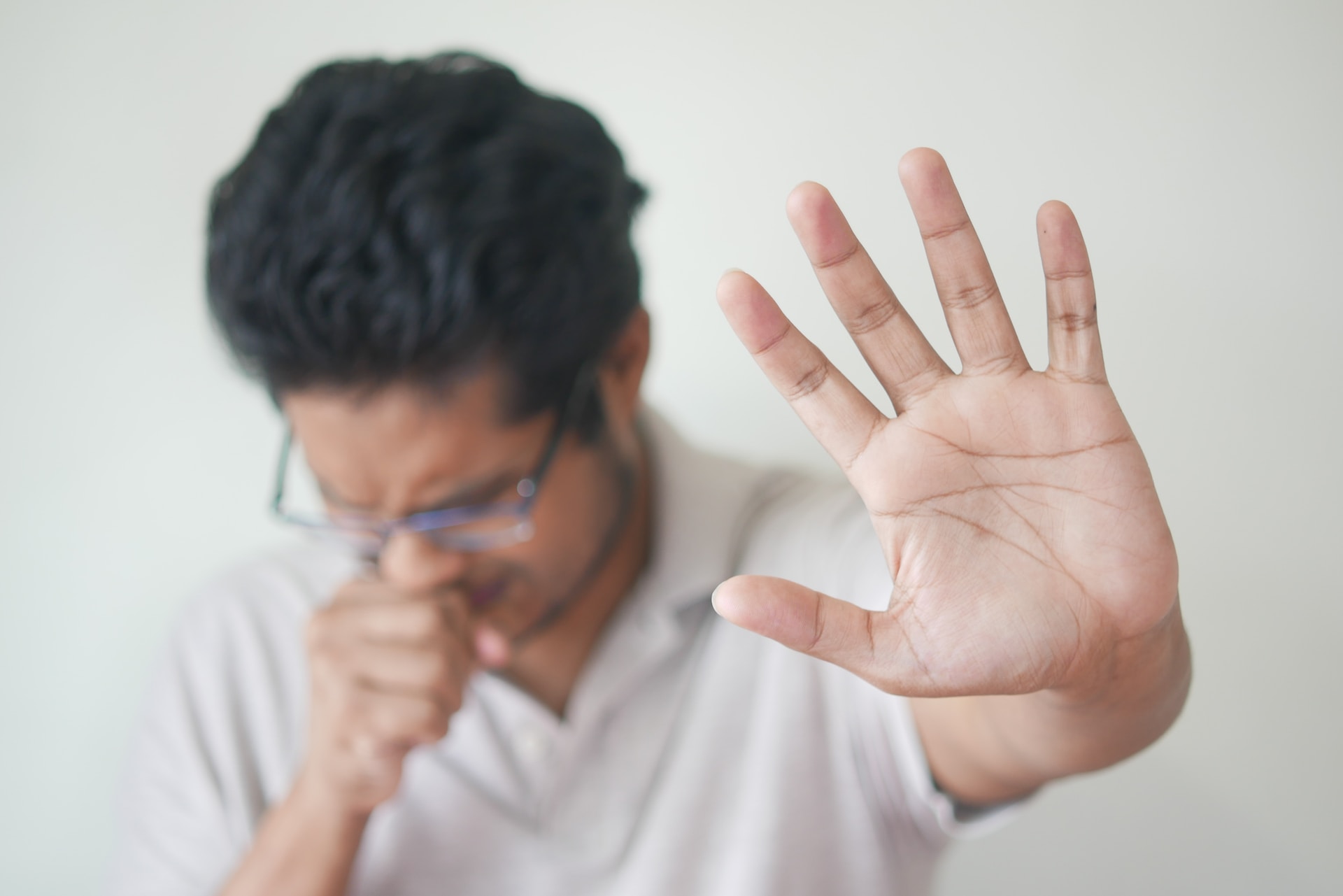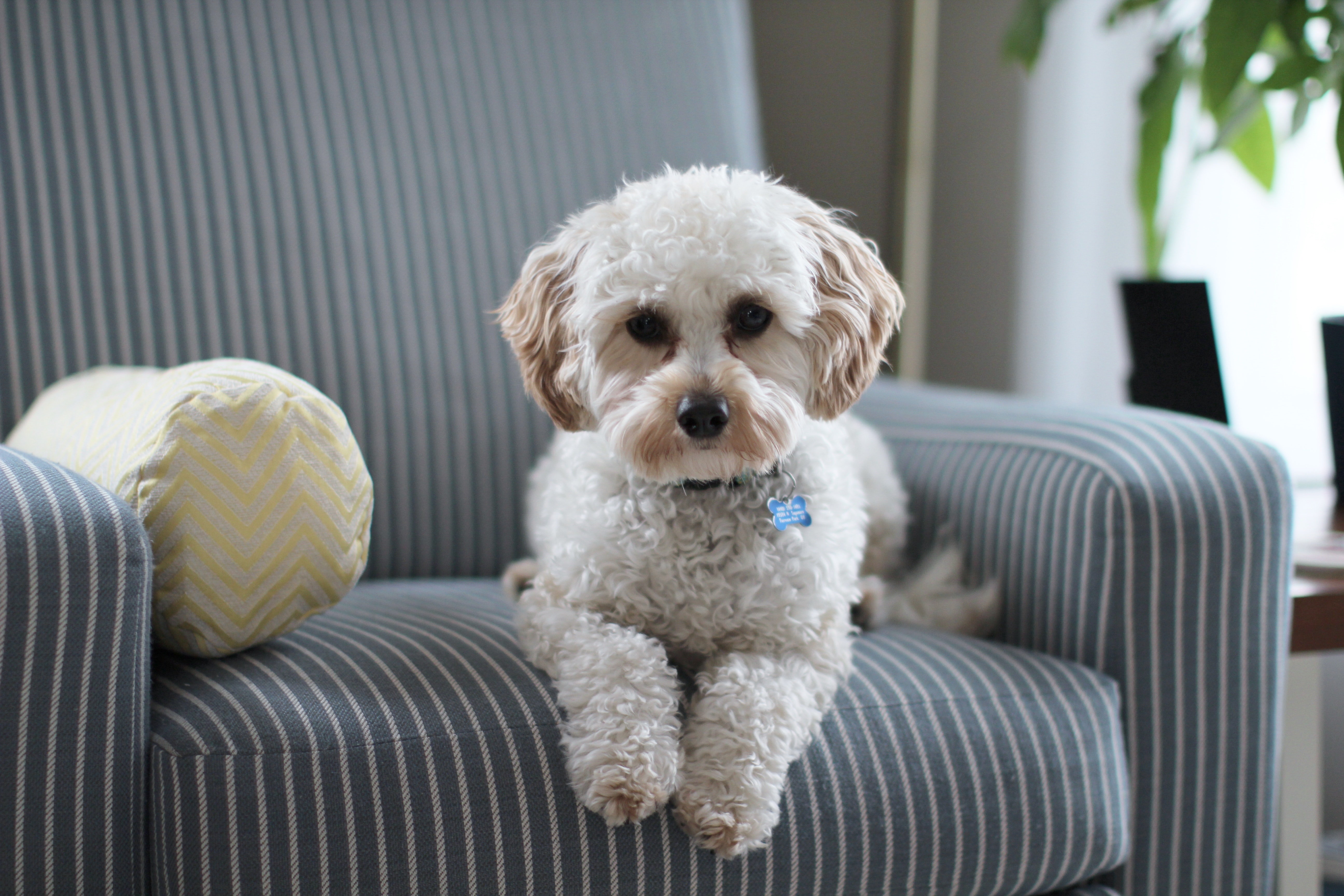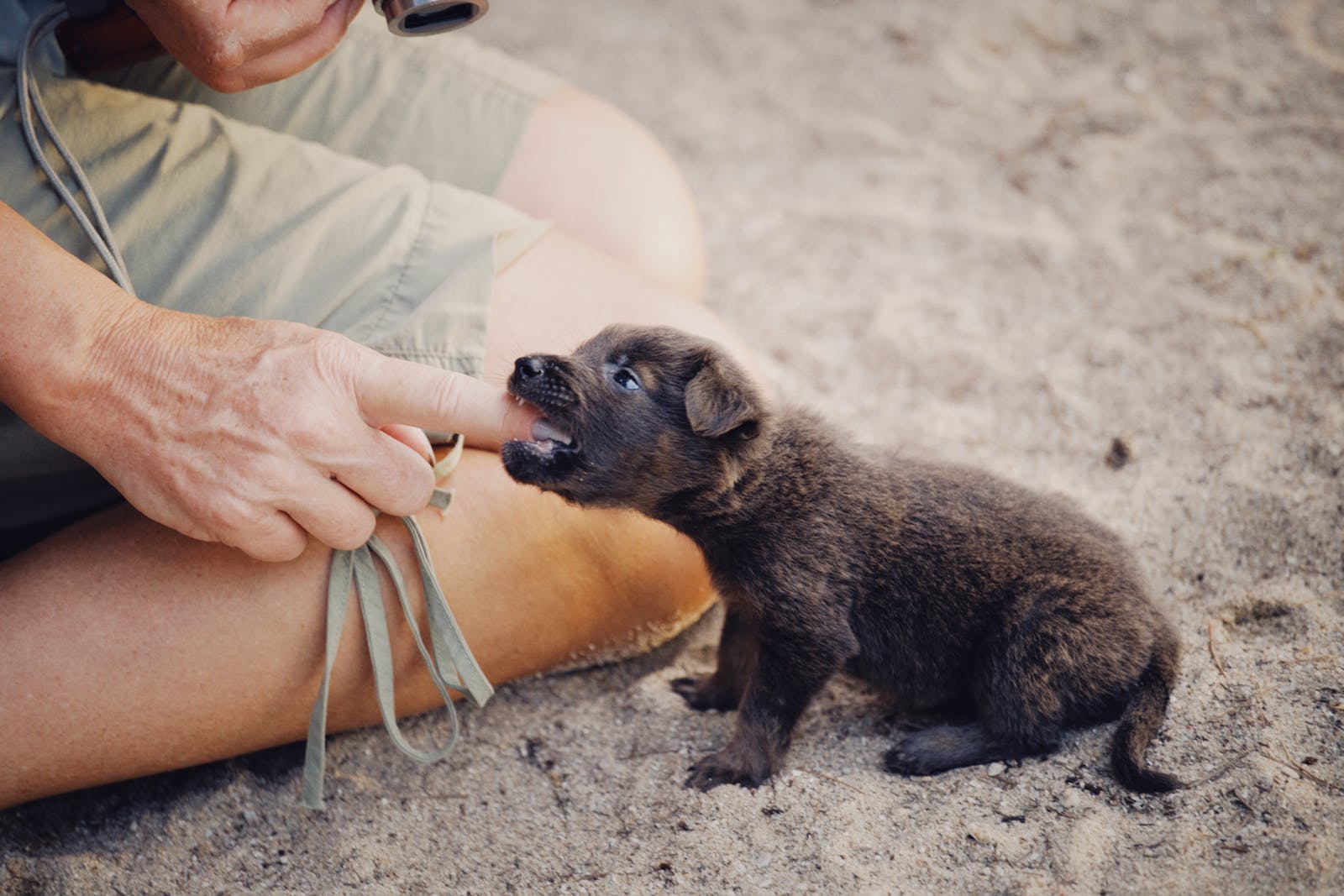
I believe we all will agree that cuddling with our pup and playing with him/her are among our favorite activities throughout the day. No wonder! Our paw friends bring us so much happiness and joy and make us be more responsible, considerate and understanding. However, play sessions can easily become painful, especially if your pup tends to nip at you while you are playing. Usually this is a harmless behavior, that can be outgrown or corrected, when addressed at a young age. However, in certain cases, it can be an early sign of aggression as a behavioral issue.
Why Do Puppies Nip?
There are different causes for puppy-nipping. The most common ones are:
Lack of Inhibition
Puppies explore the world through their sense of smell and hearing and through mouthing. Sometimes mouthing can turn into biting, since they are still unable to control their impulses. Our role and responsibility as owners is to teach our pups how to interact with the world and with us in a calm manner.
Overexcitement
Lack of self-control in puppies may result in biting when they play with you or even when they greet you at the front door. Overexcitement is normal for pups, however, you should teach your paw friend in self-control and how to remain calm regardless of the situation. Otherwise bad habits may develop which will affect not only you as an owner, but also passersby and animals.
Frustration
Similar to humans, dogs also exhibit bad behaviors when they feel frustrated. They show their disappointment and anger by using their teeth and nails. It is quite easy to get frustrated if you are still a pup (the same is valid for human babies) and you are still learning about the world and its boundaries.
Tiredness
Puppies are likely to spend about 18 hours a day sleeping...You can imagine how fussy your pup may become if his/her sleep has been interrupted or he/she has not been let to sleep at all. If your pup has played, run around, sniffed, jumped, chased toys or other animals, he/she will definitely need some rest. It is quite possible for your paw friend to become irritated if he/she can not enjoy a quality rest. Nipping, barking, chewing and other types of behavior may occur as a natural response.
Fear
Fear is maybe the biggest motivator in the world. It is a primal instinct, that keeps us alive, and still has a big impact on our behavior nowadays. Fear is also the primary trigger that leads to aggressive behavior not only in humans, but in dogs as well. When a dog feels endangered, he/she is likely to start growling, biting, changing his/her body posture or otherwise showing signs of aggression.
Boundaries
Our paw friends have their own boundaries, that we should respect. Sometimes it is us who become clingy and try to constantly hug, pet or play with our dogs and cats. If we have overstepped their set up boundaries, a natural response (i.e. in the form of biting) is likely to follow.
You Encourage This Behavior
It is common for new or still not experienced owners to unintentionally encourage bad behaviors in their paw friends. This could happen either by paying attention to their dogs, when they misbehave and rewarding them for that (i.e. we give our dog treats, so that they stop whining or barking) or by encouraging them through our body posture and body language. You may wonder what it means to encourage your pup to nip at you by your body language...Imagine you are sitting on the floor, playing and scuffling with your pup, and you are waving your hands and legs. This type of behavior and body posture encourages him/her to keep playing even more roughly.
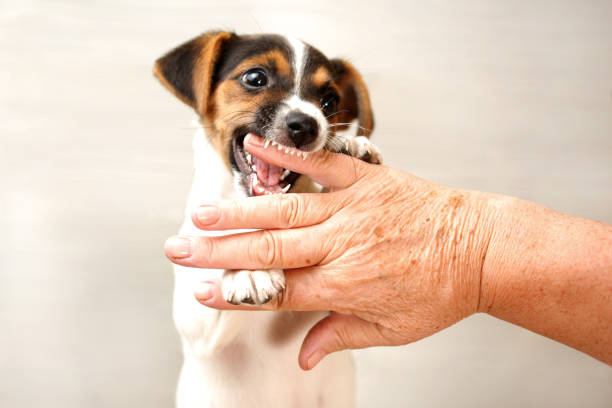
Startlement
If your paw friend has been engaging in a certain activity, especially if he/she has been sleeping and you startle him/her, a natural body response such as nipping may occur. It is also common for older dogs to feel a bit disoriented and navigate their surroundings more difficulty. That is why you should be considerate and gentle when approaching your dog and while interacting with him/her.
Resource Guarding
Some dogs have tendencies to show this type of behavior, if they believe that their valuable resources such as food, toys, home, or their owner, are in danger. Resource guarding can be directed towards both unknown people and family members, even the owner themselves. For example, if you want to take one of your pup’s favorite toys, he/she may nip at you to protect his/her toy.
Stress
If your pup is going through a stressful situation, which may include changes in the environment, or a specific trigger in it, that may provoke him/her to show unwanted behaviors like nipping.
Potty Break
Another reason for puppy-nipping might be related to their need to relieve themselves. As you may already know puppies need to go potty every 1-2 hours. If you have forgotten about that your paw friend is likely to remind you about it through biting/nipping at you.
We will provide you with some tips that can help you deal with this behavior, before it turns into a bad habit. It is always better to teach a dog the right behavior instead of correcting the bad one, once it is already developed.
Solutions
Discourage Your Pup from Nipping while Playing
In order to do that, you can just turn around and ignore your pup, if he starts biting at you too hard. Ignore him/her for several seconds / minutes or as long as they cool down. Also, you can put your arms in the armpits to prevent him/her from having access to them. Your pup should learn that when he/she nips at you, there will not be any following reaction- neither positive, nor negative. A negative response is also a response and you should avoid yelling at your pup or otherwise showing any verbal aggression. In other words, he/she will not get anything from nipping at you. Over time he/she will understand that the play session is over, if he/she starts misbehaving. Once your pup settles and starts behaving him/herself, you should praise and reward him/her. Let the game continue!
Redirect Your Pup’s Attention
Providing your pup with chew toys, will help you redirect his/her attention and offering a good alternative to nipping. When you give your pup toys, he/she will learn that he/she is allowed to bite, but not at your hand or leg. Chew toys and dental sticks also have benefits for your pup’s oral hygiene and will help him/her deal more easily with the pain from teething.
Give Your Pup Time to Cool Down
Here comes crate training. Crate-training your pup or at least teaching him/her that he/she has a designated area where he/she can settle and relax is very important for properly raising a dog. Having his/her own space will provide your puppy with a feeling of safety and comfort, especially if you put some effort to make the crate/ the area cozy (place plush toys or cuddly items such as blankets and towels). If your pup starts misbehaving, just put him/her in his/her crate/area for some time until he/she calms off. However, you should make sure that your pup does not associate the crate with a negative experience. Crates are supposed to provide a personal spot for your pup paired with a positive experience and not with a feeling of being punished. That is why you should gradually introduce the crate, and pair it with items valuable to your pups such as food and toys, so that he/she feels motivated to spend time in it.
Make a Schedule
Set up a routine and encourage your pup to spend some time alone so that he/she can calmly rest and sleep undisturbed by other pets in the household or family members. Not only having a crate, but also a baby gate or an exercise pen will set up an area, specially designed for your pup’s needs to rest. Sticking to a schedule will teach your canine discipline and self-control, as he/she will know that he/she will get food, and toys, and will be taken for a walk at a certain time of the day. Teaching your pup discipline will help mitigate any behavioral issues in the future.
Address Stress Issues
In order to do that, you need to figure out what the stress trigger is. Then you can remove it from the environment or train your pup to accept it. If you start exposing your dog to the stimuli that provoke him/her step by step (at a really low level first, by gradually increasing the intensity of the stimuli over time- desensitization) and also reward him/her while the stimuli are present (counter-conditioning), he/she will become less reactive towards them.
If the stress trigger is related to abrupt changes in the environment, you should give your doggy time to adapt to these changes and make him/her feel loved as much as possible.
Training your pup in basic obedience skills, will not only redirect his/her attention from an inappropriate behavior, but will also teach him/her how to behave properly.
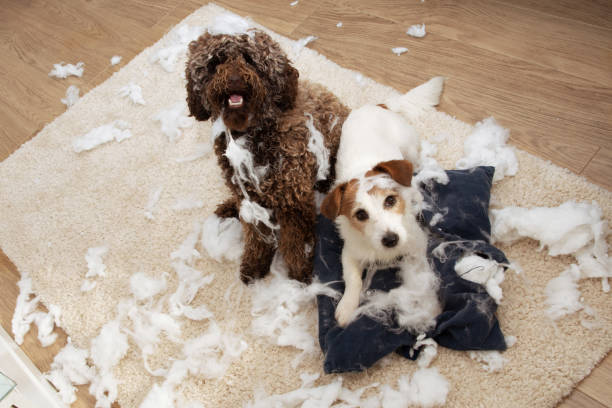
Train Your Pup in Heel Command
You can train your pup to walk nicely alongside you, without nipping at your leg. You should start practicing at a place without distractions like a quiet room in your home. Show your pup a treat and then put it in your hand. While keeping your hand against your body, start moving forward. Your pup is likely to follow the treat in your hand. After several steps you should stop. Mark the behavior (using a clicker or a verbal command like “Yes”), praise your pup, and reward him/her. If your pup responds well to that exercise, you can incorporate the word “heel”. Then you can keep moving forward and tapping on your left/right side to encourage him/her to keep following. Every time your pup shows the wanted behavior, you should praise and reward him/her.
Provide Your Pup with Opportunities to Spend His/Her Energy
You should invest time in walking your paw friend, playing with him/her, training him/her or otherwise providing opportunities for him/her to spend his/her energy. If your pup spends much time alone, give him/her toys to keep him/her busy during the day. A pup who has spent his/her excessive energy is less likely to misbehave.
Address Resource Guarding
Desensitization and counter-conditioning will also help you address behaviors like nipping due to resource guarding. For example, if your pup is protecting his/her food or toys, you can start practicing by keeping a safe distance first and throwing treats in your canine’s direction. Gradually you should decrease the distance until you can calmly put treats in front of him/her. If he/she is still focused on the food bowl/toys, you can just pick it up, put treats and then place it back. If you repeat these steps enough times, your canine will start tolerating your presence near his/her food/toys or any resources he/she perceives as valuable.
Go for a Potty Break
Since pups need to go potty at least every 1-2 hours, your pup’s nipping, might be a sign of his/her needs to go outside to relieve him/herself. Pee pads and dog’s diapers can be helpful during the process of house training your puppy.
Encourage the Wanted Behaviors
Do not punish your pup for being playful, exploring and unable to control his/her impulses. He/she is just a pup, who is still learning about the world. You would rather apply positive reinforcement to motivate him/her to exhibit the good behaviors. When he/she does something you want to reinforce, just click with a clicker (or any item, producing a distinctive sound) or use a cue word like “Yes” and then reward your paw friend. Over time you can start using specific commands that will replace the clicker.
Socialization
Dogs pick up on other dogs’ social cues, i.e. if your pup has a tendency to play too roughly and bite at other dogs while playing, they are likely to yelp and stop playing or their owners might pick them up. Through interactions with other dogs (make sure that they are vaccinated and have gone through parasite control) your pup will learn how to behave.
Deterrent Spray
Another option to discourage your pup from nipping at you or your furniture is to use a deterrent spray.
When Should You be Concerned?
Usually, when properly socialized and trained, puppies outgrow this type of behavior at the age of 5-6 months. However, if you notice that your pup is biting through the skin, growls, stares at you or another person/animal, you may need to consult a professional. Also, you can address these behaviors yourself, however, you need to be very patient, committed and disciplined. There are both on-site and online training programs, that help handlers train their dogs and address behavioral issues if present.



